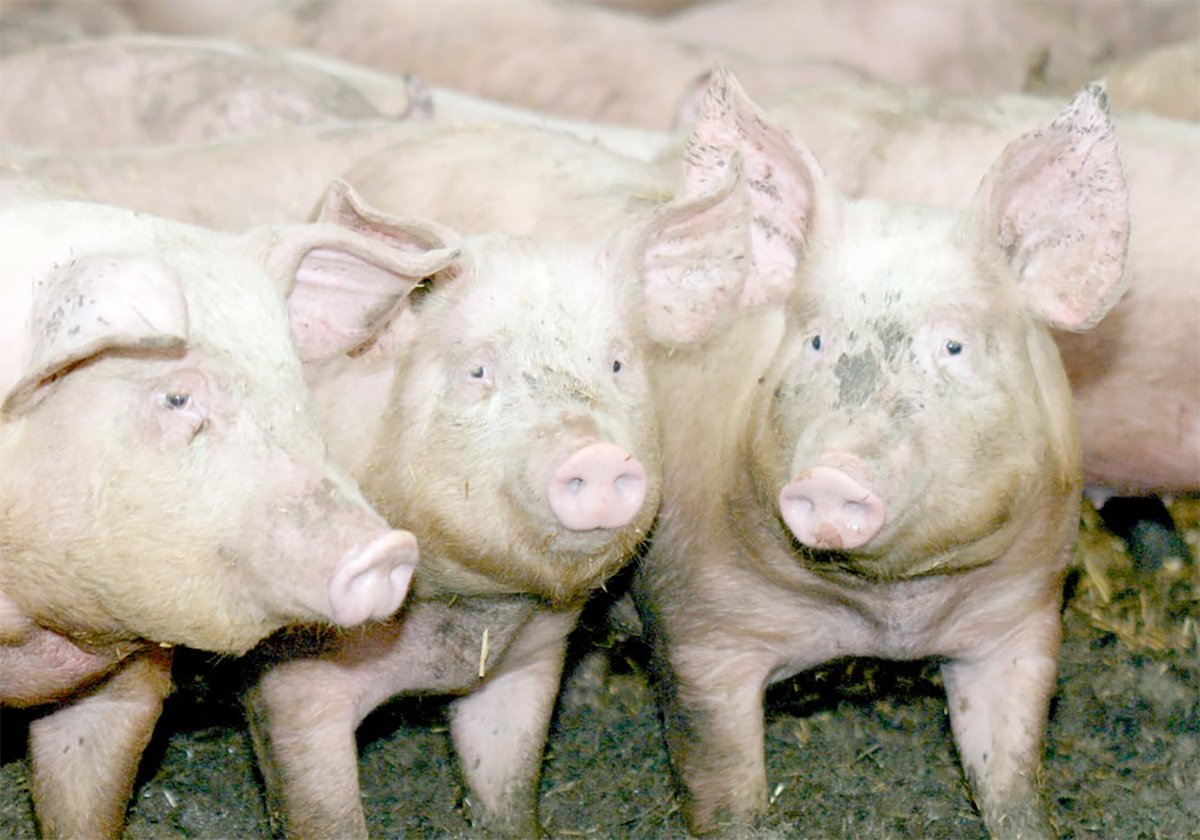RED DEER – Investors are planning to proceed with a new cow plant in central Alberta, despite rising construction costs and less than expected support from producers.
Ranchers’ Meats Inc. is among the few beef processing plants that are proceeding to build following a wave of proposals that were put forth after BSE closed borders to the Canadian cattle trade in 2003.
The 60,000 sq. foot plant between Stony Plain and Edmonton will handle cattle older than 30 months and should take eight months to build.
Soaring construction costs and a cash shortage had left investors ready to abandon the idea, said rancher Stan Schellenberger, who helped sell the proposal to producers and raise cash at country meetings.
Read Also

The Western Producer Livestock Report – November 13, 2025
Western Producer Livestock Report for November 13, 2025. See U.S. & Canadian hog prices, Canadian bison & lamb market data and sales insights.
It has been a struggle from the beginning.
“It’s a high risk and you have to be a bit silly to be getting into it,” he said.
Government provided little help and banks are not interested in financing these operations, he told the annual meeting of the Alberta Agricultural Economists Association on May 5.
He said the consensus at well-attended farm meetings was that a producer-owned plant was a good idea, but no one opened their chequebooks when it came time to invest.
Schellenberger said ranchers had no money and were skeptical because they had seen past proposals such as ethanol and straw plants and hog barns in which nothing happened.
“Farmers are not trained in raising capital,” he said.
They want a guarantee it will work, he added: talk about value chains mean little.
Organizers originally thought 6,000 farmer investors would be ideal but 3,000 would do.
Instead, they ended up with around 570. About $4.5 million was raised from farmers and Alberta Financial Services Corp. Money was also raised from private investors.
Producers who have agreed to work with the plant have promised to deliver a certain number of cattle and use the delivery contract to pay for shares.
While the plant is off to a shaky start, Schellenberger believes location is an advantage because Alberta has 40 percent of Canada’s cattle and a large share of the cows live north of Red Deer.
The plant is set up to handle cows and bulls, which used to go to Washington state, Minnesota and in some cases Texas for processing.
This was manageable when the Canadian dollar and freight rates were lower, but with expensive fuel and a 90 cent dollar it is no longer practical even if the border was open.
“Northern Alberta or Edmonton is the best place to build a packing facility in Canada because we have a competitive advantage in getting those cows to the plant,” Schellenberger said.
The company is talking with McDonald’s about providing fresh ground meat to a local pattie maker that is one of two suppliers to the fast food chain restaurant chain. Schellenberger said McDonald’s likes the promise of traceability using electronic identification ear tags.
Rural economist Ellen Goddard of the University of Alberta holds little hope for most new proposals to go much beyond the planning stages.
Nearly two years ago the federal government said more processing was a key priority when Canada realized it could not process all of its slaughter-ready cattle.
Goddard said government support is needed to keep these sustainable, but few have a taste for investing in a private enterprise.
Instead, government emphasized new generation co-operative model to get plants moving.
Part of the problem was that few understand new generation co-ops, she added.
As well, the sustainability of these operations depends on the economics of beef production in an industry of tight margins.
“This is not an industry where people have made a lot of dollars on,” she said.
Ground beef is a major product from plants that process cattle older than 30 months but that is also a low profit item so other products should be offered to stay afloat.
She said most American new generation co-operatives such as Premium Beef formed during a period of profitability. Trying to raise cash among farmers in financial crisis did not work in Canada, she added.
In addition, this type of co-operative generally lasts a single generation. A member may wish to retire and sell so ventures often cease to be co-ops for new investors to enter.















